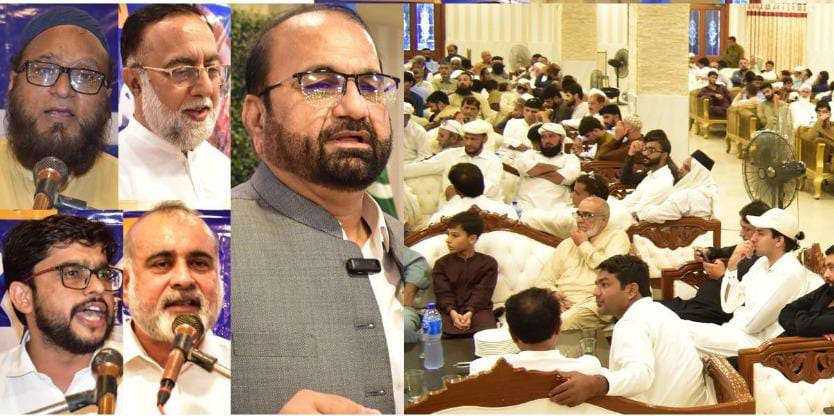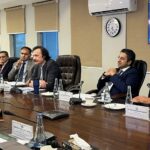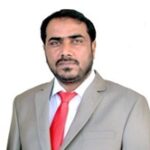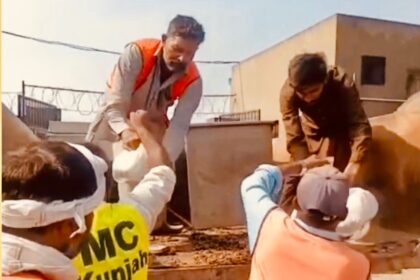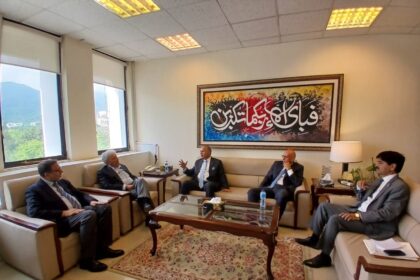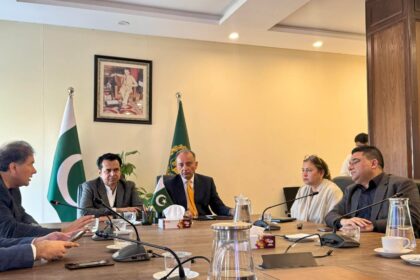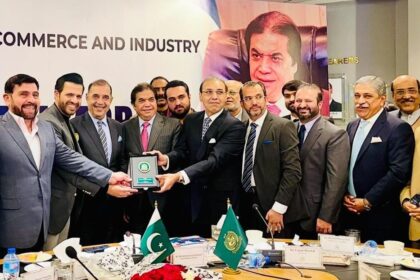**Jamaat-e-Islami Leaders Criticize Government Economic Policies, Announce Grassroots Initiatives**
Jamaat-e-Islami Punjab’s chief, Dr. Tariq Saleem, has sharply criticized the government’s economic policies, accusing it of imposing heavy taxes on essential commodities while granting undue leniency to powerful business lobbies. Addressing a party members’ convention in Kotla Gulyana, Dr. Saleem outlined Jamaat-e-Islami’s ongoing commitment to defending the nation’s ideological and geographical integrity and announced new plans to strengthen the party’s grassroots network.
In his address, Dr. Saleem asserted that Jamaat-e-Islami has always stepped up in times of national crisis, putting aside all biases to serve the country and its people. He highlighted the efforts of the party’s central leader, Hafiz Naeem ur Rehman, in advocating for the underprivileged, including the poor, laborers, farmers, and rural workers. He said that at a time when the government has raised taxes on petrol, diesel, gas, and electricity, it has provided a free hand to the so-called “sugar mafia,” allowing them to exploit the public without restraint. Meanwhile, he claimed, government ministers, bureaucrats, judges, and military officials are benefiting from generous perks and privileges, the cost of which is ultimately borne by ordinary citizens.
Other party leaders, including Dr. Khalid Mahmood Saqib, Ansar Mahmood Dhol, Hafiz Asad Iqbal, Muhammad Shabbir Mirza, and Hafiz Muhammad Ajmal, also shared their views at the convention.
Dr. Saleem emphasized the growing support for Jamaat-e-Islami, noting that large numbers of people across the country have joined its ranks. As the party enters the next phase of its organizational drive, it is forming public committees at the union council and ward levels. Dr. Saleem described these committees as vital platforms for citizens to address their issues, offering new opportunities for the public to voice their concerns and seek solutions.
He further criticized the government’s handling of global oil price fluctuations, arguing that when international prices fall, the benefits are not passed on to domestic consumers. Instead, he claimed, officials enrich themselves while neglecting the hardships of the general population. Dr. Saleem questioned how elites—who enjoy free fuel, electricity, and other facilities—could understand the struggles of the poor. He went on to accuse the government of making ordinary people scapegoats under the pretext of avoiding national bankruptcy and described current policies as the “worst kind of economic terrorism” in the country’s history. Dr. Saleem also argued that decisions made at the behest of the International Monetary Fund have brought embarrassment rather than popularity to the current government.




